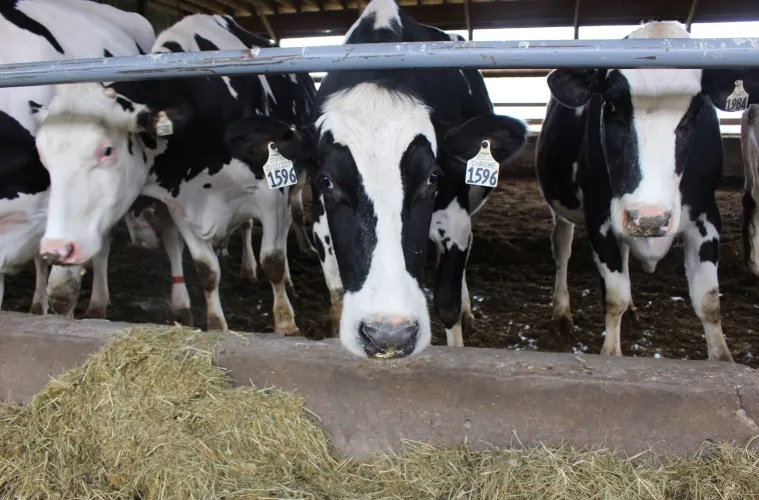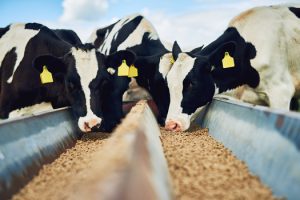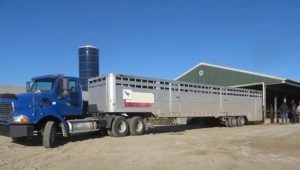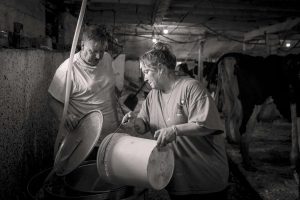
Pennsylvania’s farms could become more resilient to severe weather brought on by climate change thanks to $40.8 million in federal grant money.
Backers of the money said helping farmers will create a ripple effect for rural economies. The grants are funded by the federal Farm Bill and the Inflation Reduction Act, a major climate spending law.
The National Hemp Association plans to use a $19.6 million grant to help farmers grow hemp on 5,000 acres in the Chesapeake Bay watershed. The association said the effort will encourage practices such as contour farming, crop rotation, cover cropping, nutrient management and no-till farming. It said the methods “are expected to reduce nutrient runoff, pesticide contamination, and soil erosion while improving the overall health of aquatic and terrestrial ecosystems.”
The association said it will share more details on how to get involved with the program when the partnership agreement with USDA is finalized.
Funds for dairy farmers
The Pennsylvania Department of Agriculture is the lead partner on a $21.2 million grant to help dairy farmers reduce emissions from livestock and manure, which account for nearly 62% of the state agriculture sector’s greenhouse gas emissions. Animals such as cows and sheep, and their manure, release methane. Methane is a greenhouse gas that has much more warming power than carbon dioxide in the short term.
The money will roll out over five years in the form of financial and technical assistance to farmers, said Mike Roth, director of innovation for the state Department of Agriculture.
Roth said this program will be the agency’s first foray into feed additives. The Food and Drug Administration recently approved additives that can reduce the amount of methane that cows create in digestion and release through burping.
Farmers can also get help with manure management strategies, including the use of methane digesters that capture gas to be burned for energy.
Final details on the state agency’s grant contract with USDA are also still under negotiation.
Ripple effects for rural communities
The two grant awards that will benefit Pennsylvania are part of $1.5 billion awarded nationwide to 92 projects in the most recent round of the Regional Conservation Partnership Program. The program aims to advance conservation and climate-smart agriculture.
Examples of climate-smart practices include planting trees alongside croplands, using cover crops to increase nutrients in soil, managing fertilizer use, and reducing land disturbance from plowing.
U.S. Agriculture Secretary Tom Vilsack said better soil can make farms more productive and profitable.
Some conservation measures can also create more wildlife habitat and recreational opportunities such as hunting or cycling.
“There’s just a whole series of rippling effects to investing in soil health [and] water quality: recreation, conservation, rural job growth, a stronger Pennsylvania economy, which benefits – at the end of the day – everybody,” Vilsack said.
Vilsack said these kinds of conservation programs are over-subscribed. He said the Biden Administration has awarded funds to 334 projects under this program since January 2021. The administration has committed more than $3 billion through a combination of Farm Bill and Inflation Reduction Act money.
Conservative groups behind the proposed 2025 presidential transition plan for President-elect Donald Trump have called for repealing climate spending.
“There are people in the conversation surrounding the Farm Bill who have suggested taking those resources from the IRA that are unspent and redirecting them for other purposes beyond climate smart agriculture, conservation practices,” Vilsack said. “Given the demand and the interest, I think that would be a mistake.”
You can now read the most important #news on #eDairyNews #Whatsapp channels!!!
🇺🇸 eDairy News INGLÊS: https://whatsapp.com/channel/0029VaKsjzGDTkJyIN6hcP1K

























